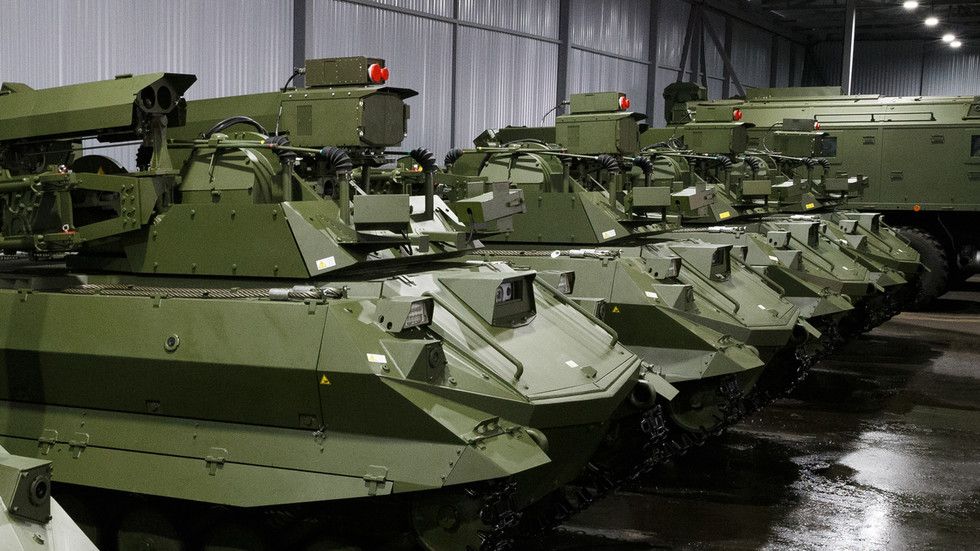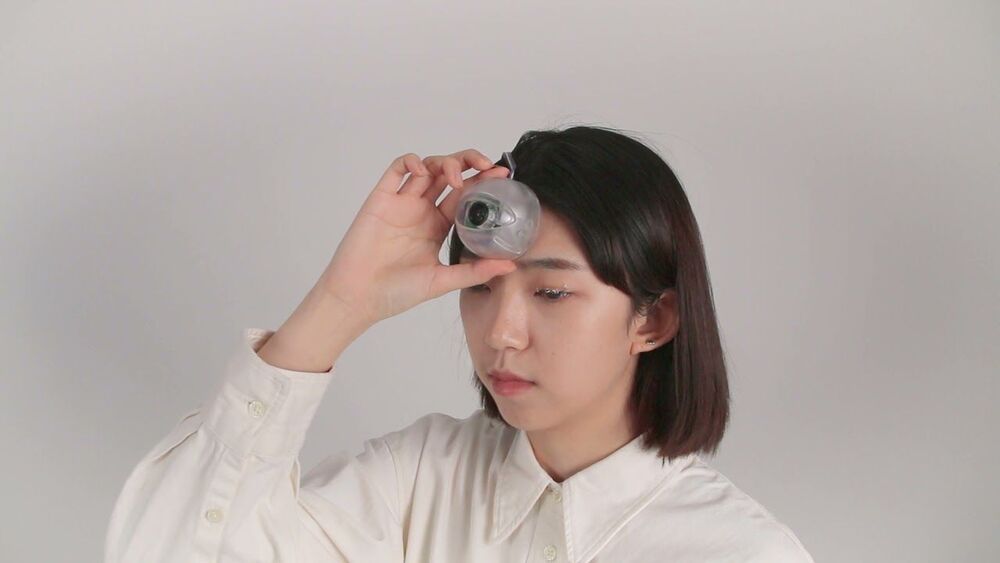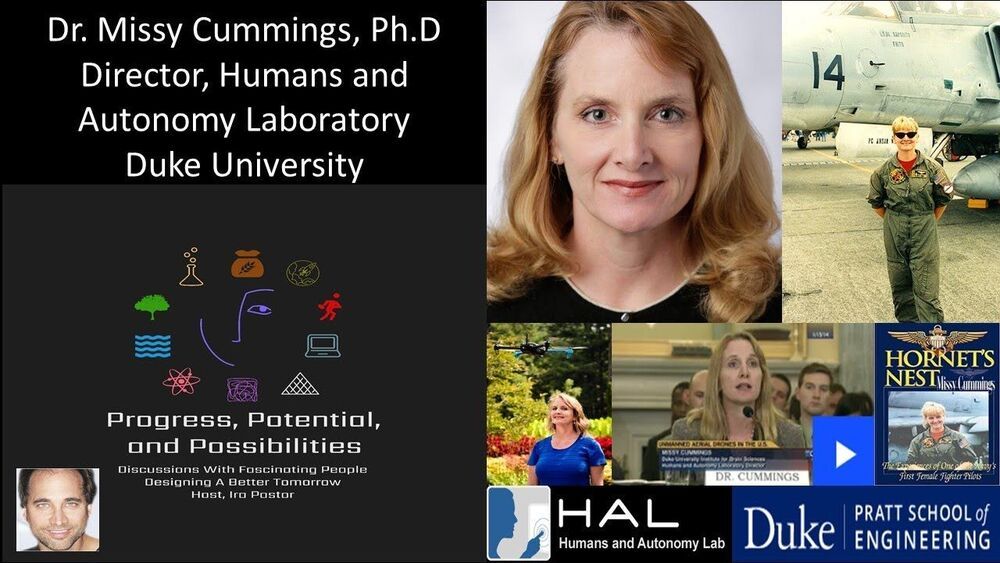The Russian military will soon be equipped with autonomous war robots capable of acting independently on the battlefield, Defense Minister Sergey Shoigu has said, adding that Moscow has launched mass production of such machines.
“These are not just some experimental prototypes but robots that can really be shown in sci-fi movies since they can fight on their own,” the minister told the Russian Zvezda broadcaster during the ‘New Knowledge’ forum, on Friday. Held in several Russian cities from May 20 to May 22, the forum is a series of educational events featuring top specialists in a variety of fields.
“A major effort” has been made to develop “the weapons of the future,” Shoigu said, referring to war robots equipped with artificial intelligence (AI). The bots, which are said to be capable of independently accessing a combat situation, are part of the new state-of-the-art arsenal that the Russian military is currently focused on.









